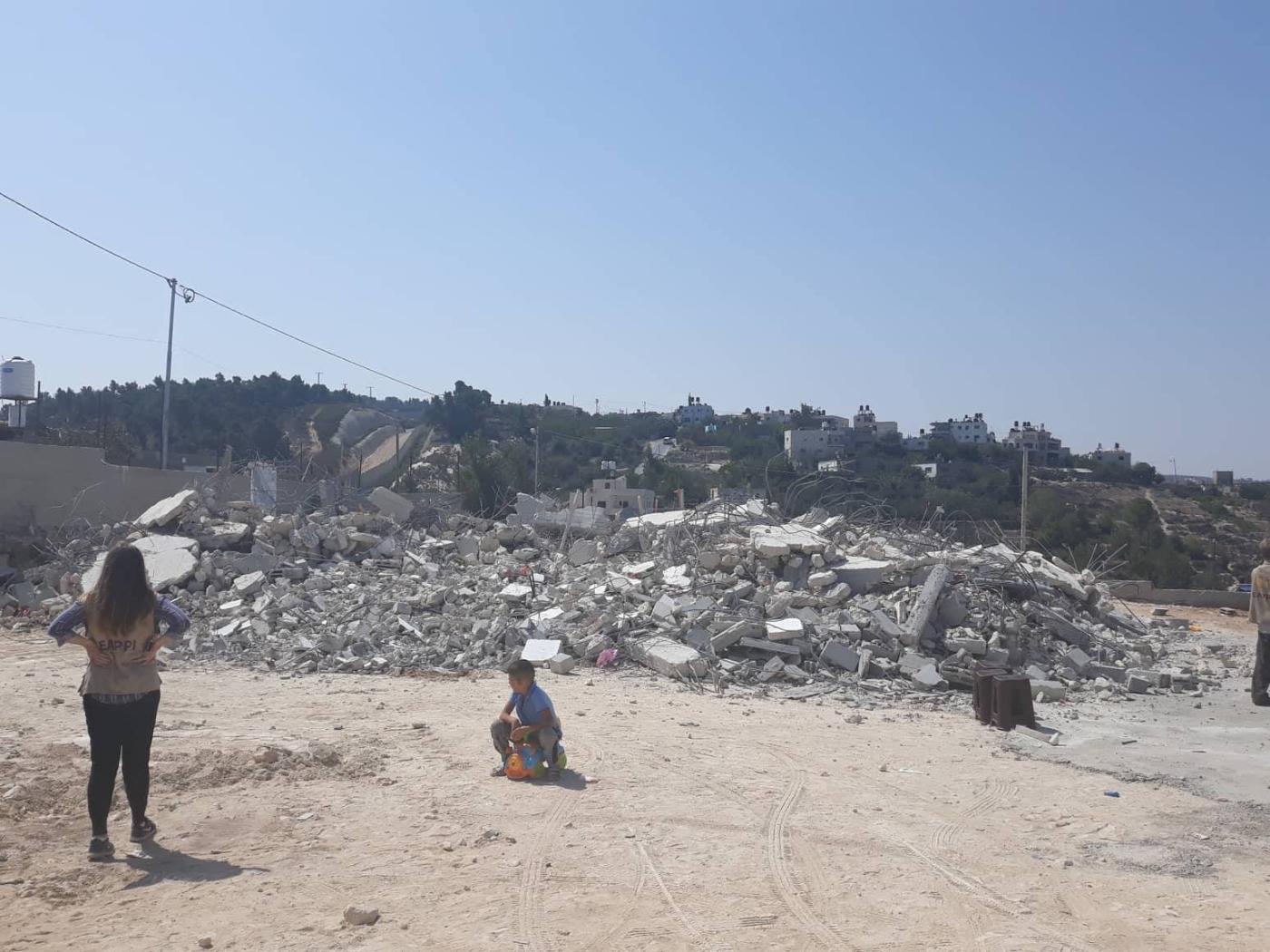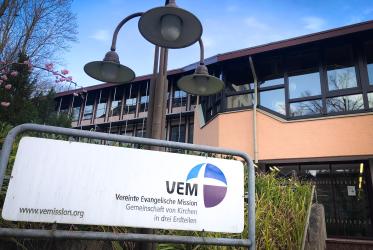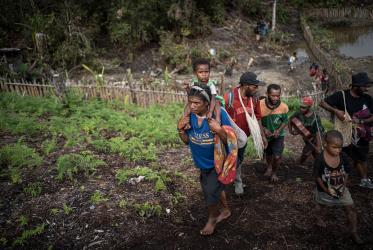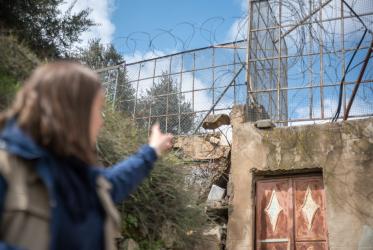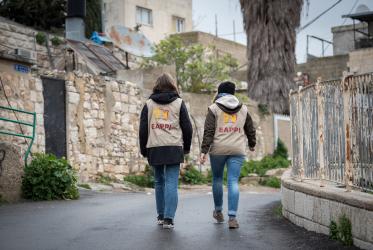“You are never safe, you never know when they will come.”
When Israel issued Ilham with a demolition order for her home in the Palestinian village of Al Walaja last month, she knew that it was not an empty threat.
She, her husband and her three young daughters have been keeping many of their belongings packed in bags for weeks, as when the Israeli soldiers come they only give people a short amount of time to remove their possessions, an hour at best.
Ilham paid a 30,000 NIS (€7,000) fee to prevent an immediate demolition. However, it was only postponed for a few weeks, at which point the Israelis came and destroyed their home.
The bedroom for two of Ilham’s daughters before the demolition. Photo credit: Former EA Joseana/WCC-EAPPI
Ilham’s cousin Mysa’a witnessed the demolition. She describes how Ilham “chose everything for her daughters with happiness, with hope” and that her home “was her dream”. She says home demolitions stop Palestinians from progressing with their lives. “There is no future, there is no next step, just rebuilding. In Palestine, there are no dreams.”
Ilham’s home was one of four that the Israelis destroyed on this particular morning in Al Walaja. A total of 36 people were living in these homes, including 18 children.
According to the UN, the Israeli authorities demolished or seized 197 homes and other structures in Palestine in the first half of 2018.
Israel says the demolitions take place because the Palestinians do not have Israeli permits to build, while the UN reports that obtaining such permits is “virtually impossible”, with only 1.5% of applications from 2010 to 2014 being approved.
So in order to have somewhere to live, many in Palestine build their homes without permits.
Blog: Reflections of Ecumenical Accompaniers: being present, bearing witness
Learn more about the WCC-EAPPI
Former ecumenical accompanier Jamie
